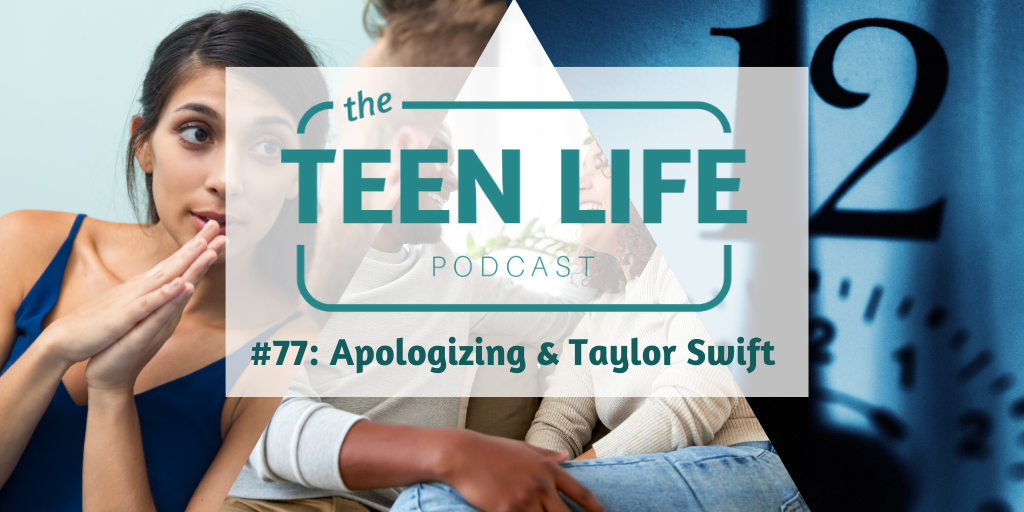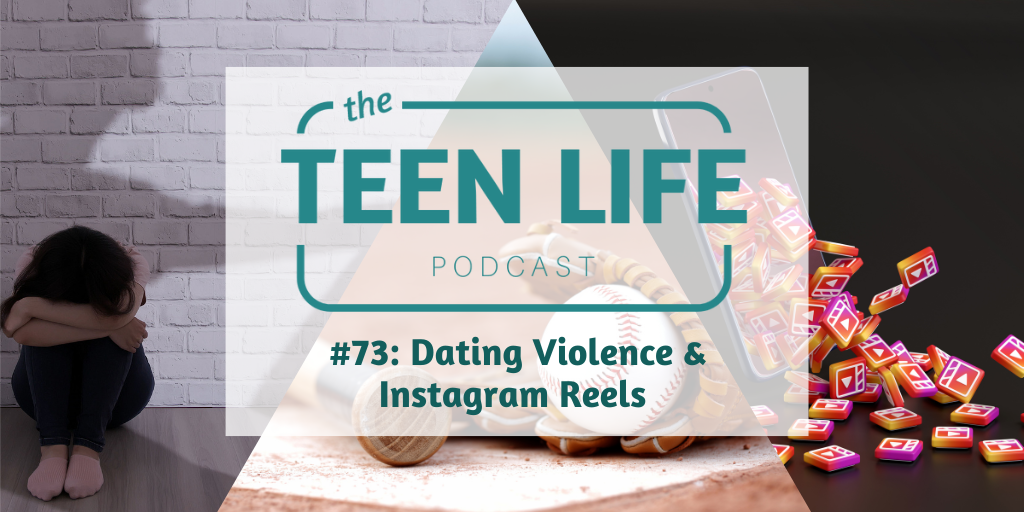
Ep. 77: Apologizing & Taylor Swift
Podcast: Play in new window | Download
When we learn to apologize sincerely, we learn to build better relationships.
It’s a skill that is often hard for adults, but imagine how much stronger our friendships and our respect for ourselves would be if we learned to apologize as teenagers. In episode 77, we explore what makes a good apology and why it’s important for teens. Also, stay tuned for an update on the latest from Taylor Swift.
Links & Resources
- Kids Health: Apologizing (and Teens)
- Twitter: Dr. Nicole LePera
- Billboard: Taylor Swift Shares a Fifth Track Title from ‘Midnights’
- TikTok: Jimmy Fallon on Taylor Swift | Midnights Mayhem with Me
- HuffPost: Kristen Bell And Dax Shepard’s Rule About Arguing In Front Of Their Kids
- Lubbock Christian University: Youth Ministry Degree
- LCU Contact: David Fraze
- Podcast music by Luke Cabrera & Tobin Hodges
Have a question?
If you have a question about something you heard or just want to give us some feedback, please leave us a comment below. We would love to hear from you!
About Us

Karlie Duke
Communications Director

Chris Robey
Former CEO
Karlie Duke | Director of Communications
Karlie has always had a heart for teenagers. Through her role at Teen Life, she loves to showcase the amazing stories coming out of Support Groups, but she is especially passionate about helping adults and teenagers find connection. Karlie has a BS in Communications with a minor in Family Studies from Abilene Christian University.
Chris Robey | Former CEO
Chris has spent most of his career empowering teenagers from all backgrounds. As the former leader of Teen Life, he is passionate about helping students make good choices while also giving adults the tools they need to communicate more effectively with teens. Chris is a graduate of Midwestern State University and holds a Master’s Degree in Family Life Education from Lubbock Christian University.











